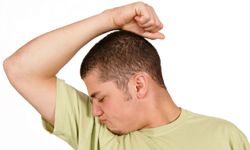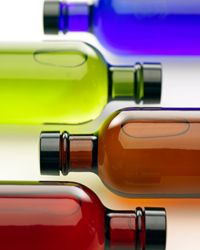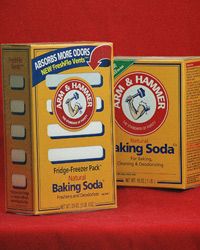You don't have to spend much time on the Internet to find claims that your antiperspirant is trying to kill you; though there's no definitive evidence that antiperspirant ingredients can cause Alzheimer's disease or breast cancer, the Web isn't short of sites alleging a link. And if you aim to live a natural, organic lifestyle, you may be suspicious of an ingredient list with lots of multiple-syllable, chemical sounding words. Whatever your reason for seeking out natural deodorant, you might know the ingredients that you're trying to avoid: aluminum, parabens, synthetic fragrances and triclosan usually make a natural living expert's naughty list. But do you know what deodorant ingredients you are looking for?
Advertisement


